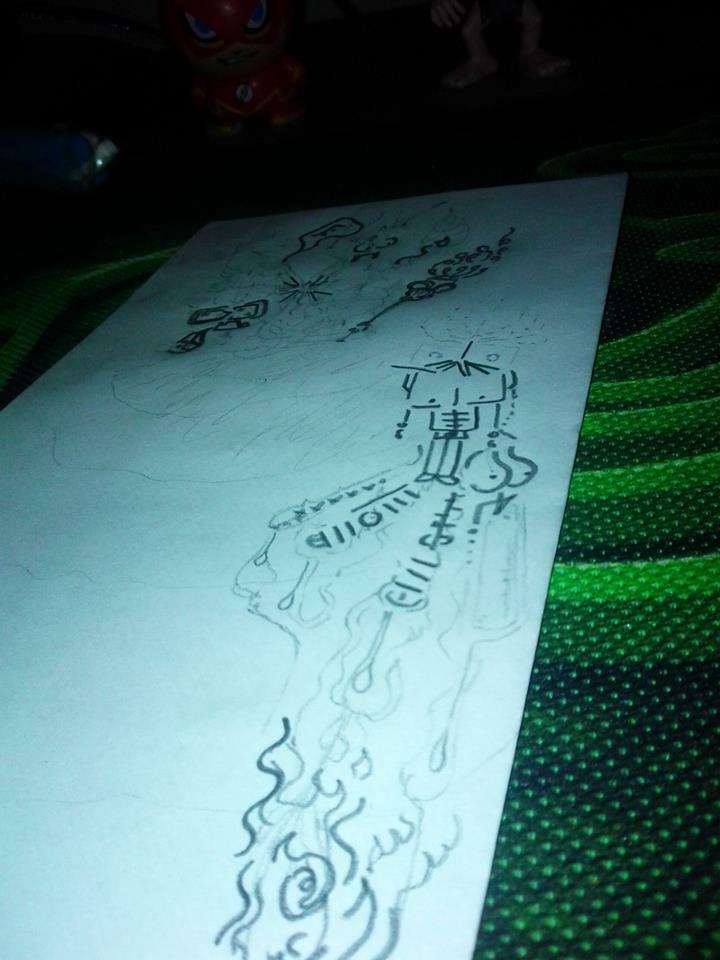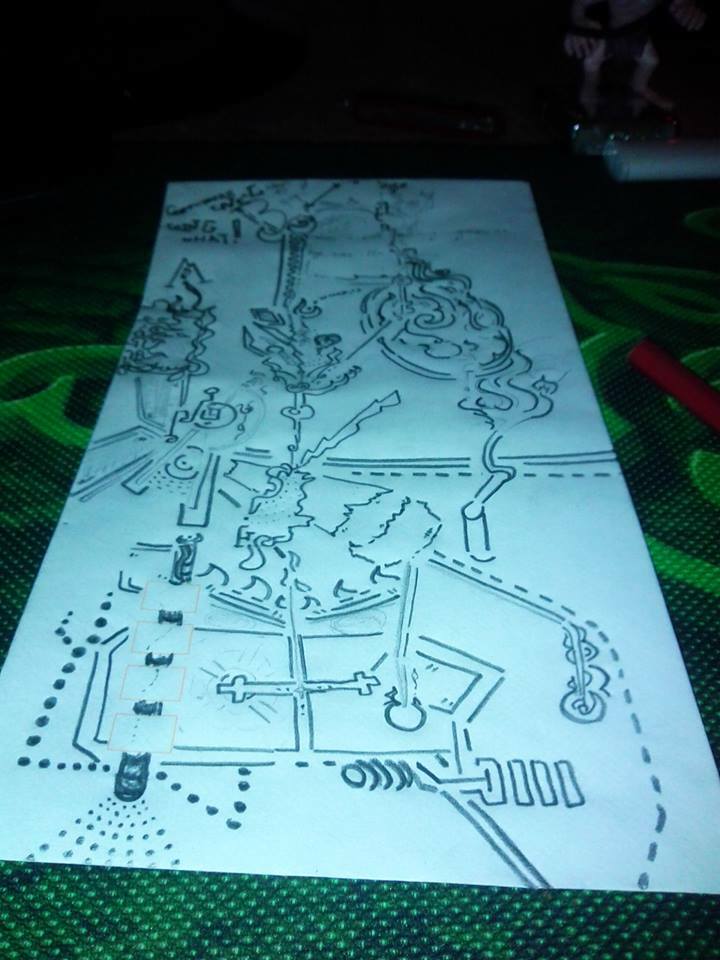
i like stuff
Female
skitzo
good samaritan
ass
Joined on 1/13/20
- Level:
- 4
- Exp Points:
- 111 / 180
- Exp Rank:
- > 100,000
- Vote Power:
- 3.61 votes
- Rank:
- Civilian
- Global Rank:
- > 100,000
- Blams:
- 0
- Saves:
- 0
- B/P Bonus:
- 0%
- Whistle:
- Normal
- Medals:
- 2
CollectiveNRG's News
Posted by CollectiveNRG - January 13th, 2020
Common Frog (Rana Temporaria )
The Common Frog is easily our most recognisable amphibian. They’re found throughout world, in almost any habitat where suitable breeding ponds are nearby. Common Frogs have smooth skin and long legs for jumping away quickly. Garden ponds are extremely important for common frogs, particularly in urban areas.
Identification
· Adult’s males grow up to 9 cm in length and females up to 13 cm in length.
· Usually a shade of olive-green or brown (although can be yellow, pink, red, lime-green, cream or black)
· Dark patches on the back, stripes on the hind legs, and a dark ‘mask’ behind the eye
· Soft repetitive croak
Catch and handle
Using a simple net is generally the easiest way to catch a frog
One way is to use a small dip net, the rectangular kind sold as aquarium nets in pet stores. Dampen the net, and shoo the animal into the net.
Scoop him up In your moist Hands
Another way to handle your amphibian is to moisten your hands and scoop the animal up in your hands and restrain him gently.
Beware of absorbing skin
If you have perfume, insecticide, hand lotion, or even soap residue on your hands and you handle an amphibian, the frog will absorb whatever is on your skin, perhaps with fatal results.
Frogs are easily stressed…but it’s Hard to Tell
Stress is one of the most important and misunderstood concepts. While some frogs will leap away when threatened, many instinctively freeze.
Inexperienced owners often misinterpret the lack of vigorous protest as an “acceptance” of handling.
However, be assured that your pet’s stress hormones are surging, and that this will have a effect on its immune system.
How Would You Know a Frog is Sick
· sitting out in the open during the daytime (such as in the middle of a lawn or on a road or driveway)
· very thin
· Extremes of colour such as very pale or very dark or weird shades like red, khaki, etc.
· lumps, abscesses, lesions or other types of holes or tears in the skin
· doesn't hop properly or is very weak when it tries to move
· red or pink flush or 'pimples' on the belly (ventral surface)
· freckles, blotches, pale spots or black patches on the back or legs (other than those which might naturally occur on the species)
· is producing a very slimy coating on the body without trying to rub the coating forward with its arms or legs
How to record your observations
In your daily flow sheet, and or a cage card, and animals/owners file in file system
Recorded findings Such as eating, drinking, defecating or vomiting
Sickness and illness
Diet plan and if a breading plan
OH&S issues
Slips and falls, frogs are very moist creatures, and need a lot of water
Zoonotic disease can be passed from frog to human such as. Mycobacteriosis and Chlamydiosis
Equipment for handling
· Gloves
· Water spray bottle
· Enclosure container
· Small pet fish net
To help maintain frogs health
NETTEX FROG HEALTH
Powerful anti-bacterial and anti-septic agents that help dry and reduce discharge from the frog
Will help maintain a healthy sole and frog all year round
Maintaining a healthy frog will help prevent infection
What to do with equipment after use
· Gloves can get thrown in the bin
· Water bowls can get washed or replaced
· Disinfect fish net
· Store away water bottle and FROG HEALTH
· Keep enclosure clean
Bibliography
http://menaivet.com.au/pet-care-info/frog-care
http://www.froglife.org/amphibians-and-reptiles/common-frog-2/
http://www.petplace.com/article/reptiles/general/enjoying-your-reptile/how-to-handle-an-amphibian
http://www.frogsafe.org.au/disease/symptoms_frog.shtml



